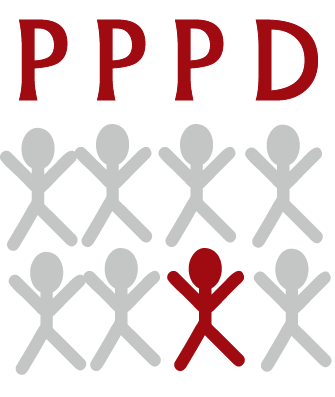Abgeschlossene Promotionen und Habilitationen
Abgeschlossene Dissertationen
Limmer, Anja (2023). Dem Stress auf der Spur oder einen Schritt voraus? Empirische Untersuchungen zu Ansatzpunkten der psychischen Gesundheitsförderung am Arbeitsplatz und in der kardiologischen Sekundärprävention.
Gauglitz, Iris (2021). Explaning Abusive Supervision via Leader Narcissism – the Role of Narcissistic Leaders‘ Internal Processes and Follower Behaviors.
Röseler, Lukas (2021). Anchoring Effects: Resolving the Contradictions of Personality Moderator Research.
Fehn, Theresa (2021). Why, when, and how leaders‘ narcissistic rivalry relates to destructive leadership.
Seeg, Belinda (2020). Systematisches Transfermanagement für nachhaltige Führungskräftetrainings.
Köppe, Christina (2019). Healthy Leaders – Healthy Employees.
Jacob, Nora (2016). Die Anwendung und Weiterentwicklung der Innovatoren-DNA – Theorie und Förderung kreativer Fähigkeiten.
Herpertz, Sarah (2016). Emotional Intelligence at Work - A Different Way of Being Smart. Why Emotional Intelligence can Matter in Personal Selection and How It can be Taught.
Dornaus, Christina (2016). Humor als Förderfaktor für Innovationen: Analyse eines Innovationscoachings und Entwicklung eines theoretischen Modells (qualitative Einzelfallstudien).
Nizielski, Sophia (2014). Emotional Intelligence - A Personal Resource for Employees who work with People: Processes and Implications.
Röhner, Jessica (2014). Faking the Implicit Association Test (IAT): Predictors, Processes, and Detection.
Schmitt, Claudia (2013). Theorie und Praxis wertebasierter Flexibilität - Exploration eines Prozessmodells der Tugend Klugheit.
Rentzsch, K. (2010). The devaluation of high-achieving students as "Streber": Consequences, processes, and relations to personality and the classroom context.
Rudolph, Almut (2009). Measures of implicit self-esteem. Psychometric properties and the prediction of anxious, self-confident and defensive behavior.
Machilek, Franz (2008). Selbstdarstellung und Persönlichkeit auf privaten Homepages.
Hertel, Janine (2007). Emotional Abilities: What do different measures predict?
Schröder-Abé, Michela (2007). Discrepancies between Implicit and Explicit Self-Esteem: Measurement Issues and Relation to Health and Defensiveness.
Sellin, Ina (2003). Varianten der Selbstwertschätzung und Hilfesuche.
Abgeschlossene Habilitationen
Röhner, J. (2024). Lying on the dissection table: Anatomizing test-takers’ responses.
Rentzsch, Katrin (2017). Selbstbewertung - die Bedeutung einer facettenorientierten Sichtweise.
Marcus, Bernd (2004). Verhaltenserklärung und Selbstdarstellung in der Diagnostik bei sensitive Themen im beruflichen Kontext.
